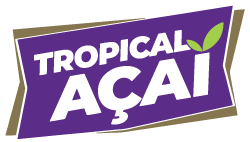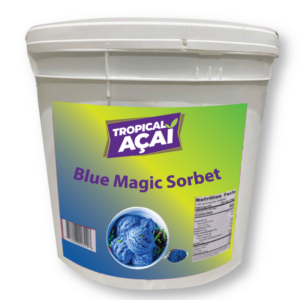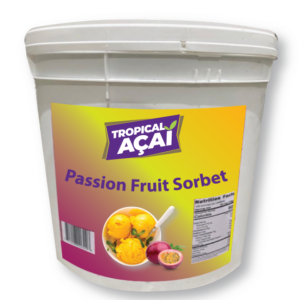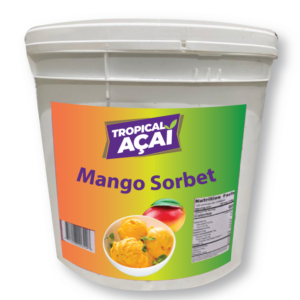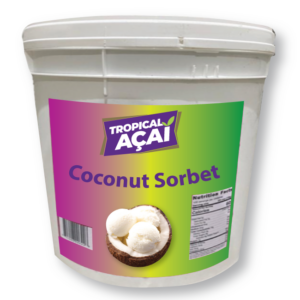How Acai Became a Superfood Trend and Why Pronunciation Matters
Discover how to pronounce acai accurately and confidently with our comprehensive guide. Delve into the correct acai pronunciation, its cultural significance, and the numerous health benefits of this renowned superfood. Embrace the world of acai and enhance your knowledge with our expert insights.
The Origins of Acai: A Brazilian Superfood
Acai (pronounced ah-sigh-EE) is a small, dark purple berry from Brazil’s Amazon rainforest. Its popularity has skyrocketed recently, with acai bowls and smoothies popping up in cafes and restaurants worldwide. But the history of the acai berry dates back centuries, as it has been a staple food for the indigenous people of the Amazon region. They have long recognized the berry’s nutritional value and have used it in their daily diets.
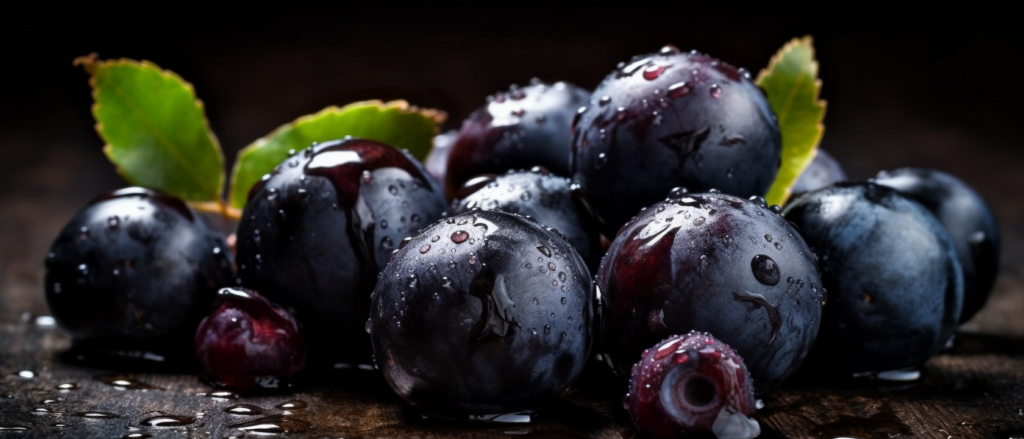
The acai palm tree, scientifically known as Euterpe oleracea, grows primarily in swampy areas and floodplains. These trees are tall and slender, reaching up to 25 meters in height. Their fruit is harvested twice a year, providing a sustainable source of nutrition for the local population. Acai berries are rich in antioxidants, fiber, healthy fats, and essential nutrients, contributing to their superfood status.
The Global Rise of Acai and Its Impact on Health and Wellness
The global interest in acai began in the early 2000s when the berry was introduced to the United States and other countries. Its high nutritional content quickly gained attention from health enthusiasts, increasing demand for acai products. However, this sudden popularity also highlighted the importance of understanding and respecting the cultural origins of the berry, including the correct acai pronunciation.
As the acai trend continued to grow, so did the variety of products available on the market. From frozen puree to supplements and cosmetics, acai became a versatile ingredient that could be found in many forms. However, the widespread availability of these products also led to discrepancies in pronunciation. This confusion surrounding the correct acai pronunciation sparked debates and discussions, increasing public interest in the superfood.
Breaking Down the Correct Acai Pronunciation
Portuguese Language Origins and Influence on Acai Pronunciation
The term “acai” comes from the Tupi-Guarani language, spoken by indigenous peoples in Brazil. However, the modern-day pronunciation of acai is influenced by Brazilian Portuguese, the official language of Brazil. In Brazilian Portuguese, the letter “c” is often pronounced as an “s” sound, and the accent on the “i” indicates that the stress falls on the final syllable. This results in the correct pronunciation: ah-sigh-EE.
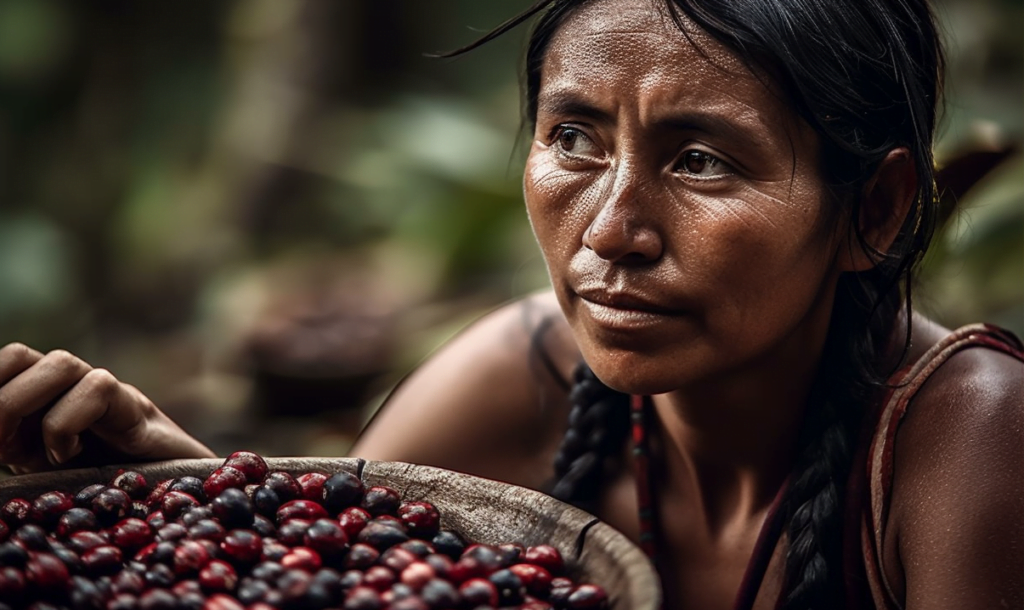
Understanding the linguistic origins of the word “acai” is crucial for accurately pronouncing it. By acknowledging the Brazilian roots and respecting the cultural context, individuals can contribute to preserving the heritage and authenticity of the acai berry.
Phonetic Guide: How to Pronounce Acai with Confidence
To help you pronounce acai correctly, follow this simple three-syllable breakdown:
- Ah: The first syllable is pronounced like the “a” in “father.”
- Sigh: The second syllable is pronounced like the English word “sigh.”
- EE: The third syllable is pronounced like the “ee” in “see.”
Putting it all together, the correct acai pronunciation is ah-sigh-EE. Practicing pronunciation and becoming comfortable with it demonstrates cultural awareness and helps communicate more effectively about this popular superfood.
Common Mispronunciations and How to Avoid Them
Many people struggle with the correct pronunciation of acai, leading to various mispronunciations. Some common mistakes include:
- Ah-KAI: Pronouncing the “c” as a hard “k” sound and stressing the second syllable.
- Ah-KAH-ee: Pronouncing the “c” as a hard “k” sound and stressing the first syllable.
- Ah-SAY: Pronouncing the “c” as an “s” sound but omitting the final “ee” syllable.
Remember the Brazilian Portuguese pronunciation rules and the phonetic breakdown mentioned earlier to avoid these mistakes. Then, with practice and repetition, you can pronounce acai correctly.
A Deeper Dive into Acai: Beyond Pronunciation
Acai Berry: Nutritional Profile and Health Benefits
The acai berry is often considered a superfood due to its impressive nutritional profile. Packed with antioxidants, acai berries help fight free radicals and oxidative stress, which can contribute to aging and various diseases. The berries are also rich in dietary fiber, which supports digestion and general health.
In addition to antioxidants and fiber, acai berries contain healthy monounsaturated and polyunsaturated fats, which can improve cholesterol levels and reduce the risk of other disease. They also provide essential vitamins and minerals, including vitamins A, E, calcium, and potassium.
Furthermore, researchers have linked the acai berry to potential anti-inflammatory, anti-cancer, and immune-boosting properties. Although more research is necessary to confirm these claims, evidence suggests that including acai berries in a balanced diet can contribute to overall health and well-being.
Acai’s Role in Traditional Brazilian Cuisine and Culture
Acai has been a staple food for the indigenous people of the Amazon region for centuries. Traditionally, people consume the berry as a thick, creamy puree called “acai na tigela” (acai in a bowl). To make this dish, they soak the berries, remove the seeds, and blend the pulp with water or juice.
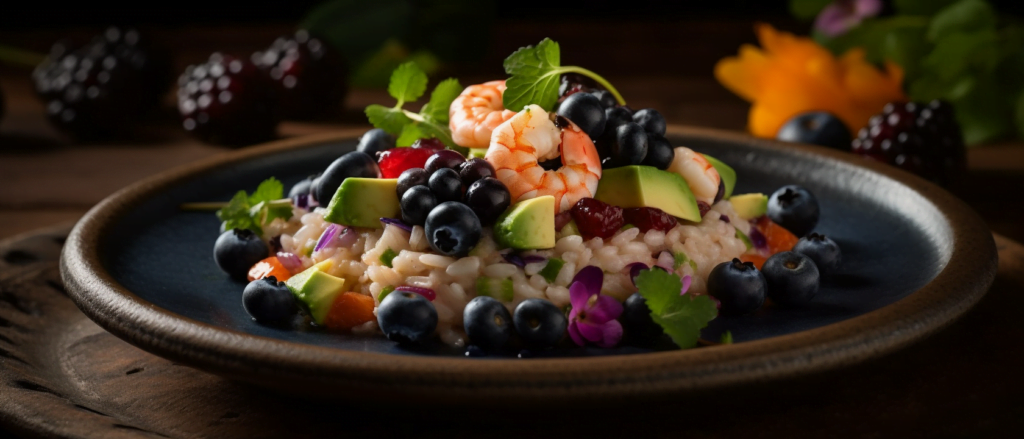
In the Brazilian state of Pará, acai is often consumed as a savory dish, paired with fish or shrimp and eaten with tapioca or rice. However, in other parts of Brazil, acai bowls have taken on a sweeter form with the addition of fruits, granola, and honey. This lovely variation has become popular worldwide, offering a nutritious and delicious alternative to traditional desserts.
The Sustainability and Environmental Impact of Acai Harvesting
As the demand for acai products continues to grow, concerns about the sustainability and environmental impact of acai harvesting have arisen. The good news is that acai palms are native to the Amazon rainforest and can grow naturally in its ecosystem. When harvested responsibly, acai production can provide a sustainable source of income for local communities while helping to protect the rainforest from deforestation.
However, supporting companies prioritizing sustainable and ethical practices in acai harvesting is essential. Look for products with certifications like Fair Trade, Rainforest Alliance, or Organic, which ensure that the acai is sourced in an environmentally responsible and socially conscious manner.
The Expanding Acai Market: Variations in Product Pronunciation
Different Acai Products and Their Pronunciations
As the popularity of acai has grown, so has the range of products available in the market. While the correct acai pronunciation remains ah-sigh-EE, variations may occur depending on the product or brand. Some common acai-based products include:
- Acai bowls: A blended mixture of acai puree, fruits, and other ingredients, often topped with granola and honey.
- Acai smoothies: A beverage made from acai puree, fruits, and a liquid base, such as milk or juice.
- Acai supplements: Capsules or powders containing concentrated acai extract used to support health and wellness.
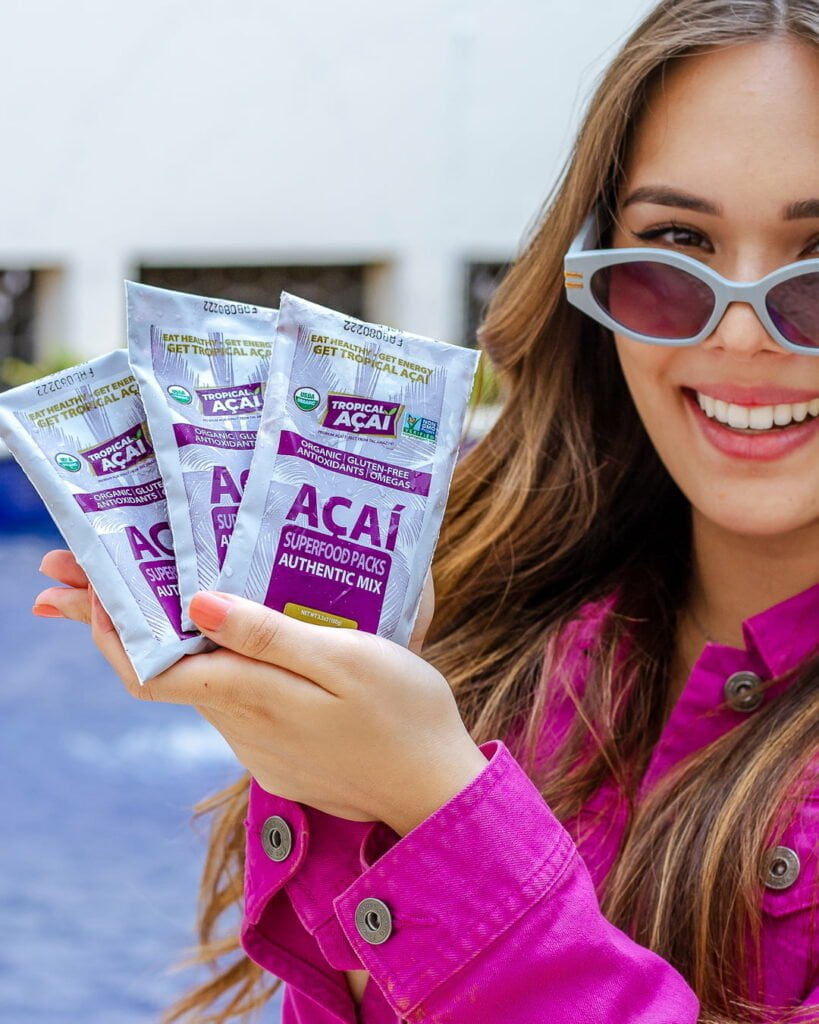
When discussing these products, it’s essential to maintain the correct acai pronunciation to ensure clear communication and demonstrate respect for the superfood’s cultural origins.
The Effect of Branding on Acai Pronunciation
Branding plays a significant role in how products are perceived and pronounced. As more companies enter the acai market, variations in pronunciation may arise due to marketing strategies or regional differences. However, it’s essential to remember the correct acai pronunciation and respect its Brazilian roots.
When encountering a new acai product or brand, take note of any pronunciation guidelines provided by the company. While some brands may encourage a specific pronunciation, always strive to maintain the correct acai pronunciation to honor the superfood’s cultural heritage.
The Importance of Consistent Pronunciation Across Marketing
Maintaining consistent pronunciation across all marketing materials is crucial for clear communication and brand recognition. Therefore, companies that produce acai products should ensure that their marketing campaigns, packaging, and promotional materials reflect the correct acai pronunciation.
By providing accurate pronunciation guidelines, companies can educate consumers and help them feel confident when discussing and purchasing acai products. Consistency in pronunciation also supports a strong brand identity and reinforces the cultural authenticity of the product.
Mastering Acai Pronunciation: Expert Tips and Tricks
Accent and Dialect: How Acai Pronunciation May Vary
While the correct acai pronunciation is ah-sigh-EE, accents and dialects may cause slight variations in how people say the word. It’s essential to be aware of these differences and to respect how people pronounce acai due to their linguistic backgrounds.
When speaking with someone pronouncing acai differently, consider their accent and dialect, and remember that language is a dynamic and evolving entity. Encourage open dialogue about pronunciation and foster an understanding and cultural exchange environment.
Pronunciation Resources for Accurate Acai Language Learning
If you want to improve your acai pronunciation, many resources are available to help you practice and refine your skills. Some options to consider include:
- Language learning apps: Many language apps offer pronunciation guides for specific words or phrases, including acai.
- Online pronunciation dictionaries: Websites like Forvo and HowToPronounce provide user-submitted pronunciations for different words, including acai.
- YouTube tutorials: Search for videos that teach the correct acai pronunciation, often featuring native speakers for an authentic learning experience.
By utilizing these resources, you can practice your acai pronunciation and gain confidence in communicating effectively about this popular superfood.
Practice Makes Perfect: How to Improve Your Acai Pronunciation
The key to mastering the correct acai pronunciation is practice and repetition. Incorporate the following tips into your daily routine to help improve your pronunciation:
- Listen and repeat: Use pronunciation resources to listen to native speakers and practice mimicking their pronunciation.
- Record yourself: Use your smartphone or computer to record your pronunciation attempts and listen for areas of improvement.
- Ask for feedback: Share your pronunciation with native speakers or language learning communities and request constructive feedback.
You can speak confidently and demonstrate cultural awareness by consistently practicing and refining your acai pronunciation.
Conclusion
The Importance of Correct Acai Pronunciation in a Global Context
In today’s increasingly interconnected world, understanding and respecting cultural differences is more critical than ever. Therefore, mastering the correct acai pronunciation is a matter of linguistic accuracy and a sign of respect for the superfood’s Brazilian roots. Furthermore, by making an effort to pronounce acai correctly, you contribute to fostering a more inclusive and culturally aware global community.
The Lasting Impact of Acai: A Superfood with a Rich Cultural Heritage
The acai berry’s journey from the Amazon rainforest to the global market has introduced the world to its numerous health benefits and unique flavor. Correct acai pronunciation is crucial to honoring this superfood’s cultural heritage and ensuring its lasting impact on health, wellness, and global cuisine.
Frequently Asked Questions
What is the correct acai pronunciation?
The correct acai pronunciation is ah-sigh-EE.
Why is the correct pronunciation important?
Pronouncing acai correctly demonstrates respect for the superfood’s Brazilian roots and promotes cultural awareness.
What are some common mispronunciations of acai?
Common mispronunciations include Ah-KAI, Ah-KAH-ee, and Ah-SAY.
How can I practice and improve my acai pronunciation?
Use language learning apps, online pronunciation dictionaries, and YouTube tutorials to seek feedback from native speakers or language learning communities.
Is the acai berry healthy?
Yes, acai berries are rich in antioxidants, fiber, healthy fats, and essential nutrients, making them a nutritious addition to a balanced diet.
Where do acai berries come from?
Acai berries are native to the Amazon rainforest in Brazil and are harvested from the acai palm tree.
How is acai typically consumed in Brazil?
Acai is traditionally a thick, creamy, puree, savory dish paired with fish or shrimp or a sweet treat with fruits, granola, and honey.
What should I look for when purchasing acai products?
Search for products with certifications such as Fair Trade, Rainforest Alliance, or Organic, as these ensure environmentally responsible and socially conscious acai sourcing.
Do accents and dialects affect acai pronunciation?
Yes, accents and dialects may cause slight variations in how people pronounce acai. However, respecting these differences and promoting understanding and cultural exchange is essential.
What are some popular acai products?
Popular acai products include acai bowls, acai smoothies, and acai supplements.
